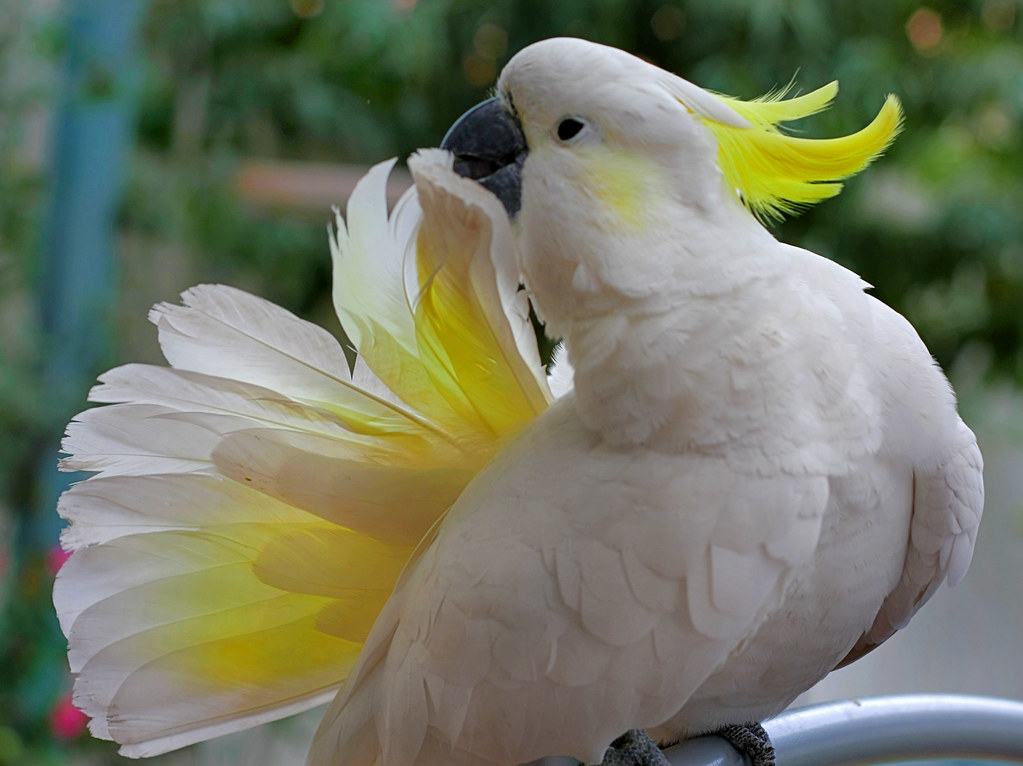
Environmental & Science Education
STEM
Behavior
Edward Hessler
Ten years ago--it doesn't seem that long--a new dancer appeared on the scene, Snowball the cockatoo, bobbing and weaving to the Back Street Boys.
A just published paper about Snowball's dancing titled "Spontaneity and diversity of movement to music are not uniquely human" reports on his repertoire (to date) and the biology of dancing. From the summary:
Previous research has shown that parrots can bob their heads or lift their feet in synchrony with a musical beat, but humans move to music using a wide variety of movements and body parts. Is this also true of parrots? .... Here we report that a sulphur-crested cockatoo (Cacatua galerita eleonora) responds to music with remarkably diverse spontaneous movements employing a variety of body parts, and suggest why parrots share this response with humans. (Bibliography references have been removed.)
For the current study, Snowball was filmed moving to two pop songs, "Another One Bites the Dust" and "Girls Just Wanna Have Fun." A table of the 14 dance movements with descriptions and two films, one an excerpt of dance moves and the other, a compilation of all 14 of the dance moves are included in the paper.
The authors, one of whom is the owner of Snowball and occasional dance partner, conclude:
Snowball does not dance for food or in order to mate; instead, his dancing appears to be a social behavior used to interact with human caregivers (his surrogate flock).
Building on previously published research, we suggest that spontaneous and diverse movement to music arises when five traits converge: A) complex vocal learning, B) the capacity for nonverbal movement imitation, C) a tendency to form long-term social bonds, D) the ability to learn complex sequences of actions, and E) attentiveness to communicative movements. Parrots are unusual in sharing all of these traits with humans, which could explain why (to date) only humans and parrots show spontaneous and diverse dancing to music. (Bibliography references have been removed.)

No comments:
Post a Comment